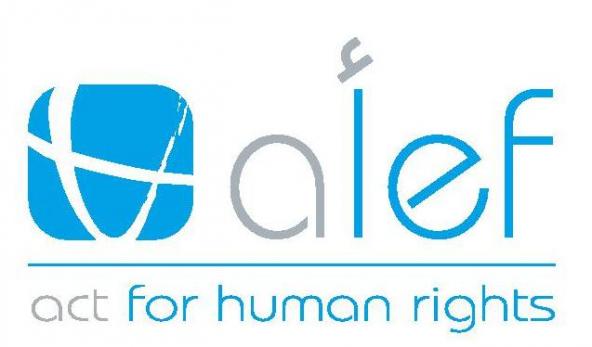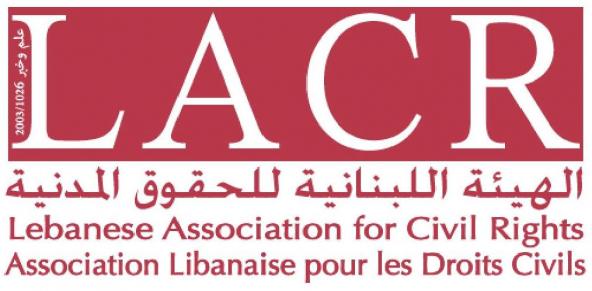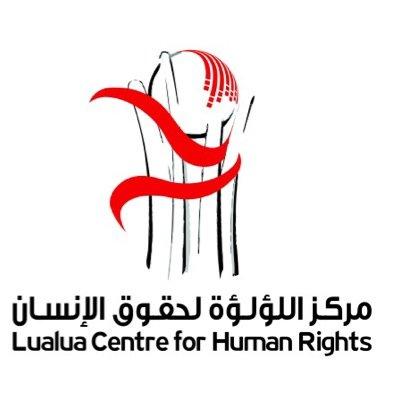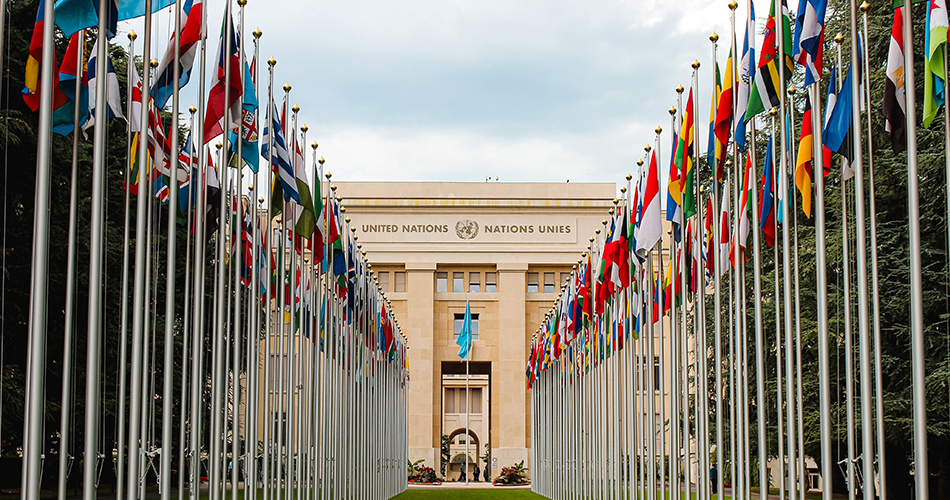RetentionistLegal status of the death penalty*
171Number of individuals currently under sentence of death
0Executions in 2025
0Executions in 2024
0Executions in 2023
| 2004 | Last known execution |
| Hanging, Shooting | Method(s) of execution |
| Yes | Party to the International Covenant on Civil and Political Rights |
| No | Party to the Second Optional Protocol to the ICCPR, aiming at the abolition of the death penalty |
| Not applicable | Party to the American Convention on Human Rights |
| Not applicable | Party to the Protocol to the American Convention on Human Rights to Abolish the Death Penalty |
| No | UN Moratorium Resolution (2010): cosponsor |
| Abstained | UN Moratorium Resolution (2010): vote |
| No | UN Moratorium Resolution (2010): has signed the Note Verbale of Dissociation |
| No | UN Moratorium Resolution (2012): cosponsor |
| Abstained | UN Moratorium Resolution (2012): vote |
| No | UN Moratorium Resolution (2012): has signed the Note Verbale of Dissociation |
| No | Does the country have a mandatory death penalty? |
| 2026-02-17 | Last update |
Source: Cornell Center on the Death Penalty Worldwide
*Source of classification: Amnesty International











